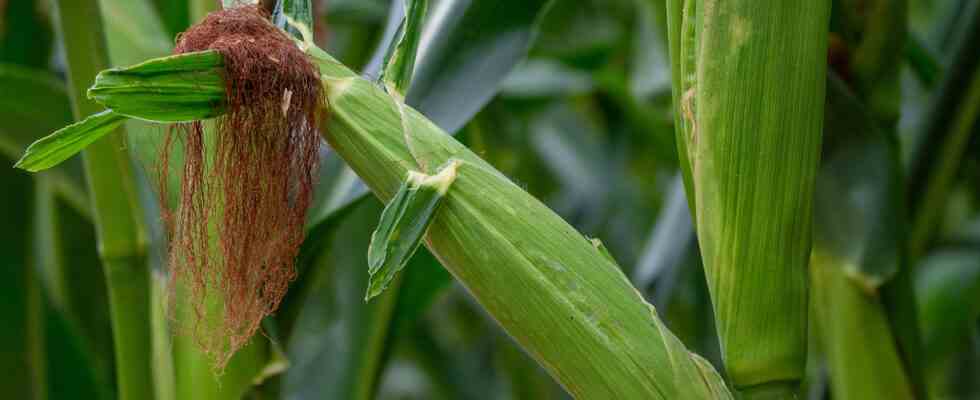As of: 07/26/2022 4:01 p.m
The experts at the Leopoldina criticize that the geosciences are far too fragmented to research the effects of climate change. That is why they advocate bundling the disciplines into one earth system science.
The National Academy of Sciences Leopoldina advocates bundling geosciences in Germany. In order to understand the earth as a whole and to develop solutions for global challenges, the individual disciplines should in future be shaped by the guiding principle of earth system science. With this overarching approach, “Prognoses and solutions for a changing world” are to be found. This could be taught in schools and universities, according to the Future Science Report.
According to the panel of experts, basic research should receive new impetus from the earth system sciences. The earth should be viewed more as a whole system and not just individually, for example from a physical, chemical or biological perspective. According to the future report, the current scientific and social challenges “far exceed the capabilities of individual disciplines”.
Fast solutions for ambitious climate goals
According to the Leopoldina report, human activity is increasingly endangering the stability of the earth system and thus also the well-being of future generations. That is why humanity is challenged to limit climate change and must face this task now.
The geosciences in their current form are not suitable for this, because they are divided into very small disciplines and sub-disciplines. These range from the sciences of the solid earth and the planetary system, through the sciences of the earth’s surface, oceanography, human geography, the sciences of the atmosphere and the cryosphere, to disciplines concerned with surveying and mapping the earth. The scientists also find it problematic that the sub-disciplines are assigned to different faculties.
In order to achieve the ambitious climate goals that the EU, for example, has set itself in its “Fit for 55” program, solutions must be found and implemented as quickly as possible to slow down climate change. In future, it will also be important to use food sources, raw materials, water, land and sea sustainably, to predict and mitigate natural hazards, and to record and evaluate critical developments in the earth system.
Earth Overshoot Day already on Thursday
In order for changes on earth to be recognized and future developments to be forecast, investments in “earth observation capacities” and analysis tools are necessary. Universities and research institutions should draw up a national roadmap for this. In order to evaluate the collected data, the scientists at the Leopoldina also advocate creating capacities for the storage, analysis and modeling of “Big Data”.
So far, the efforts of the international community to limit climate change have hardly been successful. An indicator of this is the Earth Overshoot Day. This year it is next Thursday, almost a week later than last year. On this day, all ecological resources for the year 2022 are used up and mankind consumes more resources than are actually available to it. “Currently, humanity consumes 1.75 earths,” explained the political director of the environmental and development organization Germanwatch, Christoph Bals.

